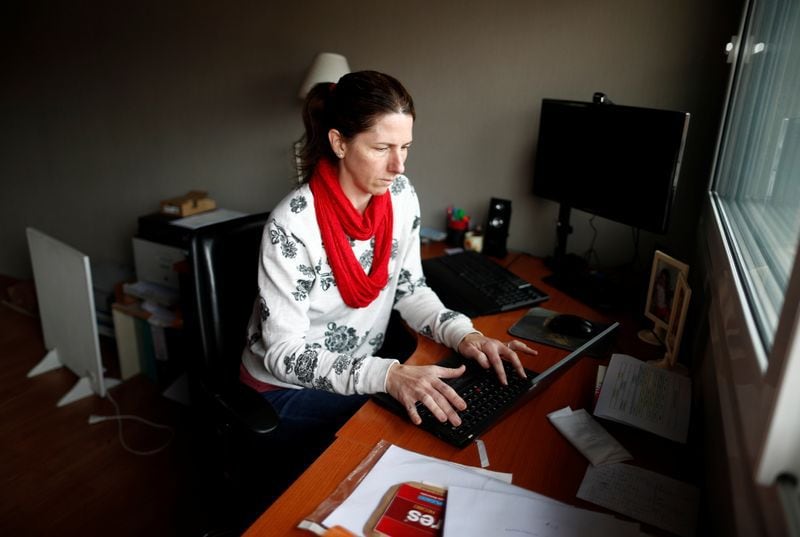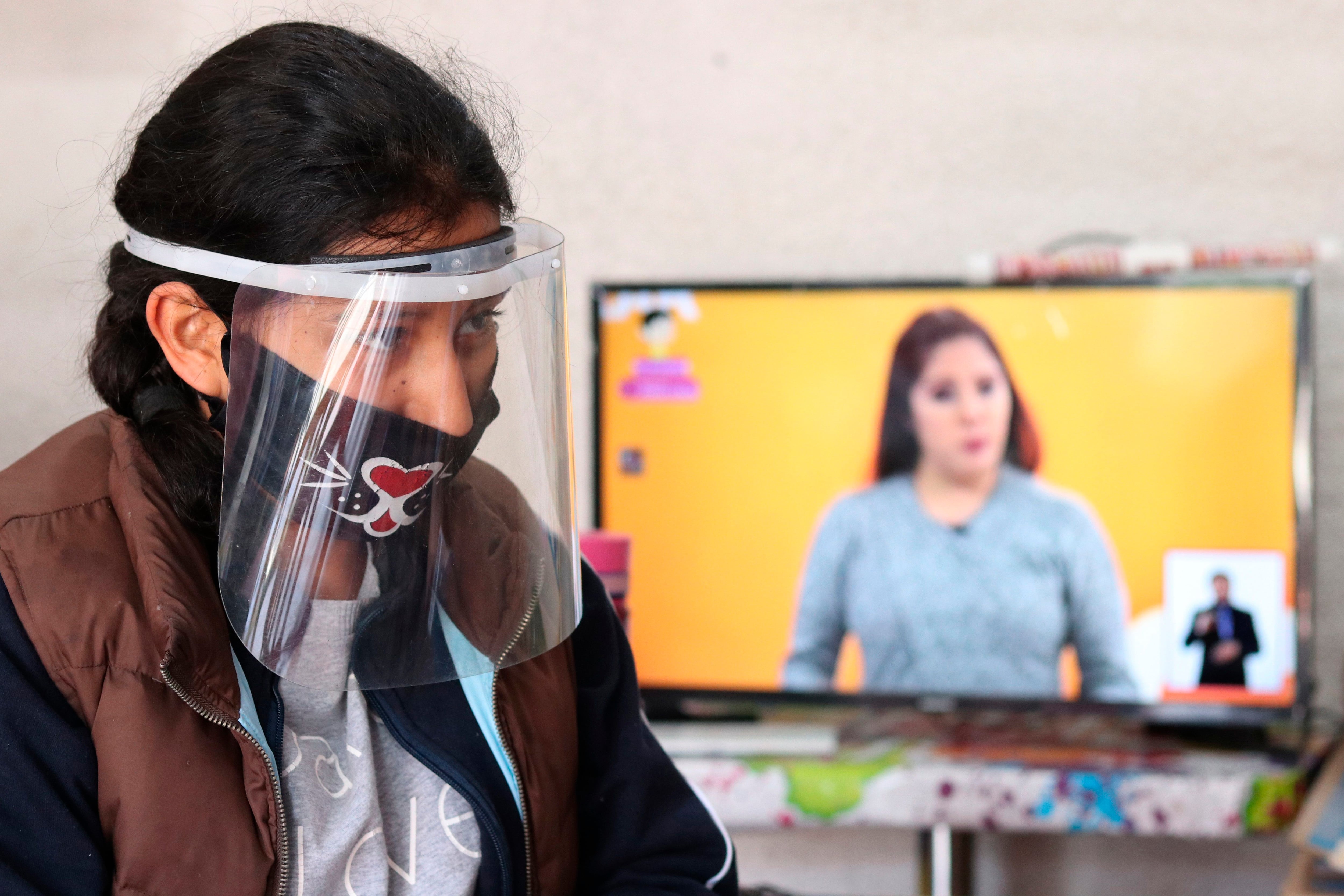
The writers who have focused their work on describing a futuristic world full of scientific advances that determine the life of humanity are recognized; science fiction allows these authors to be ahead of their time and describe fantastic worlds and universes that, oddly enough, sometimes seem to become reality, visionaries who described in impressive detail technological advances that would be released dozens of years later.
One of them was Arthur Charles Clarke, the British writer and scientist famous for his novel “2001: A Space Odyssey”, a book that inspired the great filmmaker Stanley Kubrick to make one of the most admired films in film history.
Fond of seeing the stars as a child with a homemade telescope and creator of a map of the moon, he was able to fulfill his dreams in his works of science fiction, most of them created at the end of World War II, something that brought him closer to the universe.

His first story was called “Rescue Party”, published in the magazine “Astounding”, with which his writing career took off. His texts went beyond imagination, as in many of them he used real scientific bases to explain technological advances that would only occur decades later.
If Marshall McLuhan had predicted media manipulation and the electronic age in his book “The Global Village,” Clarke predicted several elements that were fundamental to humanity during the pandemic.
An article that Clarke wrote in the Spanish newspaper ABC, published in 1977, predicted some events that today are fortunate realities.
Telecommuting

“The day is coming when office workers and intellectuals will do their jobs without leaving their homes.” Something we can read in the article is that he had made a prediction about what the jobs would be like in the future.
At this time, the author would have seen that many people worked, from home, because of a pandemic. Seeing that his prophecy would have been correct.

Many can receive an email instantly, a notification can reach their home computer so you can know what was sent to you. However, this was a prediction Clarke said:
“The family computer would handle most of the current correspondence.”
Computer/monitor

“With this instrument we could have a face-to-face interaction with anyone from anywhere on Earth and send or receive any kind of information,” this is something he wrote in his article about what we know today as a computer.
In addition, he hinted that perhaps in the future there will be no keyboard, with just the voice it will be more than enough.
Electronic newspaper
“At any time we can request the news headlines on the screen, and expand the ones that interest us to obtain a complete story with different levels of depth. For the first time, it will be possible to achieve an immediate, selective and in-depth information service.”
In this section, Clarke is surprised to be able to say that news will not only be distributed on the internet, as it began to be from the end of the 20th century and the beginning of the 21st century, but that they will also be addicted to it. So much so that you can even see now that trends are going to mark what is being talked about at the moment.
Online classes

Another highlight in his article is the online classes, where electronics will be able to multiply teachers, this not only for universities, but for towns far away from the city and that can be effective and practical.
KEEP READING:
Últimas Noticias
Debanhi Escobar: they secured the motel where she was found lifeless in a cistern
Members of the Specialized Prosecutor's Office in Nuevo León secured the Nueva Castilla Motel as part of the investigations into the case

The oldest person in the world died at the age of 119
Kane Tanaka lived in Japan. She was born six months earlier than George Orwell, the same year that the Wright brothers first flew, and Marie Curie became the first woman to win a Nobel Prize

Macabre find in CDMX: they left a body bagged and tied in a taxi
The body was left in the back seats of the car. It was covered with black bags and tied with industrial tape
The eagles of America will face Manchester City in a duel of legends. Here are the details
The top Mexican football champion will play a match with Pep Guardiola's squad in the Lone Star Cup

Why is it good to bring dogs out to know the world when they are puppies
A so-called protection against the spread of diseases threatens the integral development of dogs




